At least 17 Rohingya, including children, killed after boat sinks off Myanmar
At least 17 Rohingya refugees, including children, have died after their boat capsized off the Myanmar coast while fleeing the ethnic persecution in their home country.
The boat, with around 100 people on board, was on its way to Malaysia when it overturned, according to Radio Free Asia. Some of the bodies washed up on beaches in the western state of Rakhine, while more than 50 passengers remain missing, it said.
The United Nations refugee agency said it was “shocked and saddened” by the incident and was seeking more information from Myanmar authorities.
“The latest tragedy shows once again the sense of desperation being felt by Rohingya in Myanmar and the region,” Indrika Ratwatte, UNHCR’s director for Asia and the Pacific said in a statement.
“It is shocking to see increasing numbers of children, women, and men embarking on these dangerous journeys and eventually losing their lives.”
More than 20 survivors were rescued and detained on return by local authorities in Myanmar where state-sponsored violence has prevailed in recent years, according to reports.
A spokesman for Myanmar’s military regime, Major General Zaw Min Tun, said the boat capsized about five nautical miles west of Thapyay Hmaw Island near Shwe Thaung Yan in Rakhine’s south.
“A search was carried out and found 14 Bengalis dead. The rest will be deported as usual,” he told RFA using a derogatory term for the Rohingya.
The region came to global attention in 2017 when more than 750,000 Rohingya, mostly women, and children, fled to neighboring Bangladesh to escape a military crackdown that UN investigators said was carried out with “genocidal intent” carrying accounts of rape, mass killings, and arson.
Bangladesh was already hosting some 200,000 Rohingya when the exodus began.
The other destination for Rohingya refugees is Malaysia, a Muslim-majority nation that has been more accommodating to them, even though they are not formally identified as refugees by the government in Kuala Lampur.
Rohingya Muslims, who have lived in Myanmar for generations, are denied citizenship, rights, access to services, and freedom by the government. Bangladesh and Malaysia also brand them as illegal migrants, denying them citizenship.
Only 600,000 Rohingya Muslims remain in Myanmar and now live under apartheid-like conditions, confined to camps and villages and denied access to healthcare and education.
The United Nations High Commissioner for Refugees (UNHCR) estimates that 148,000 of them are displaced, with many living in camps.
The UN has blamed the government of Myanmar, backed by Buddhist extremists, for ethnic cleansing and crimes against humanity in its crackdown.
VIDEO | Campaign to boycott Israeli ‘apartheid dates’ in UK intensifies during Ramadan
VIDEO | Pakistan launches Operation Ghazab lil-Haq after Afghan border firing
VIDEO | Pakistan condemns Israel’s expansionist agenda in Palestine at OIC
Rubio warns US envoys against undermining Trump’s pressure campaign targeting Iran: Report
Iran, Qatar stress continuation of diplomacy towards preserving regional peace, stability
Majority of Americans support Palestinian state as Israel backing declines sharply: Poll
New Israeli strikes kill more Palestinians across Gaza in 'serious violation' of ceasefire
Maliki urges respect for Iraq's sovereignty in meeting with Trump's special envoy


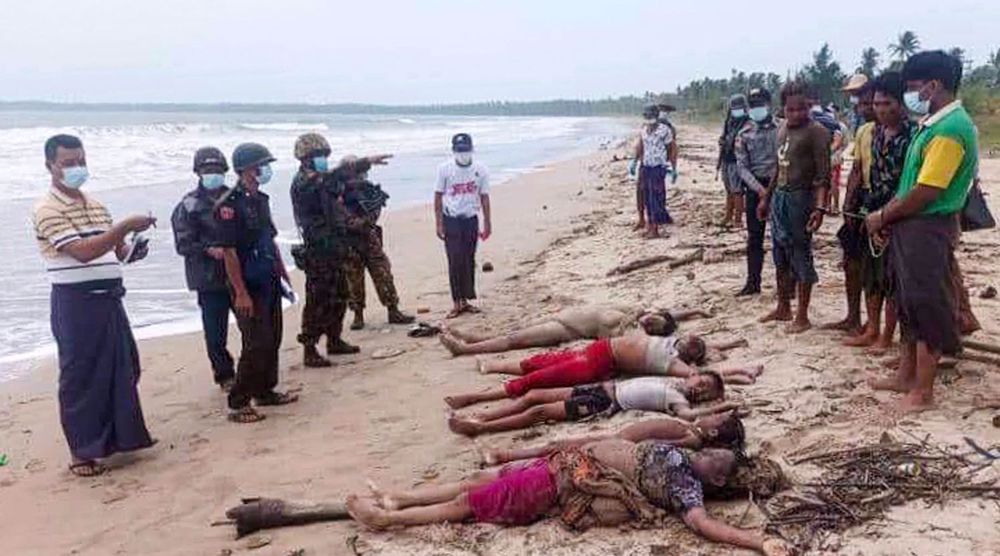
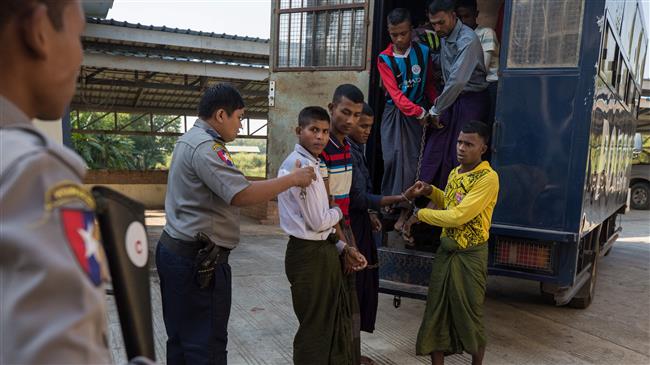






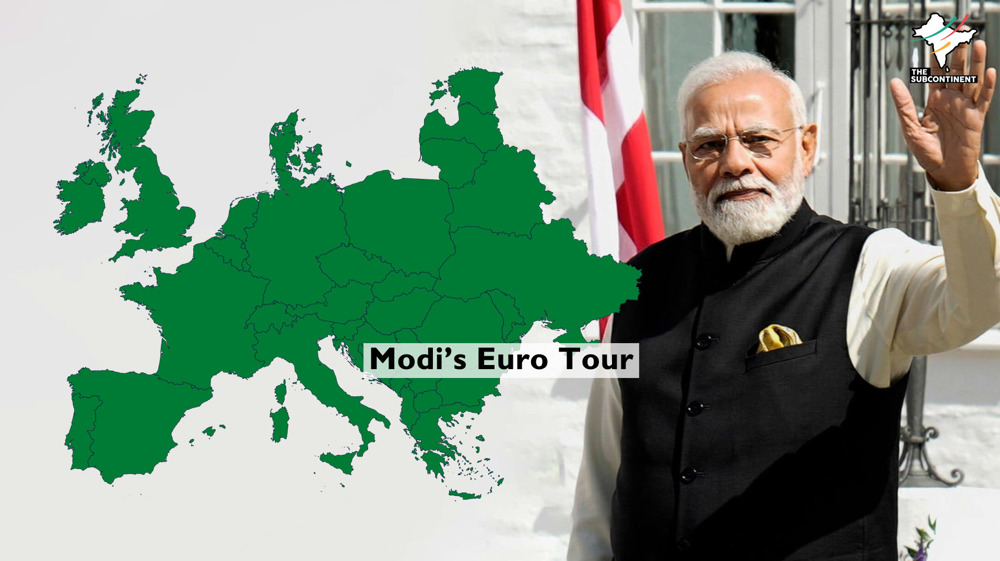
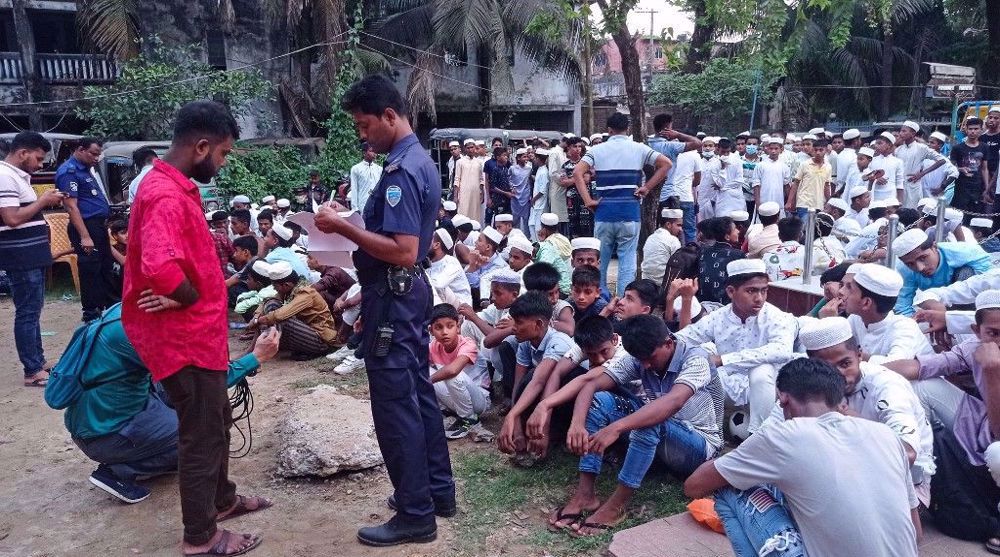
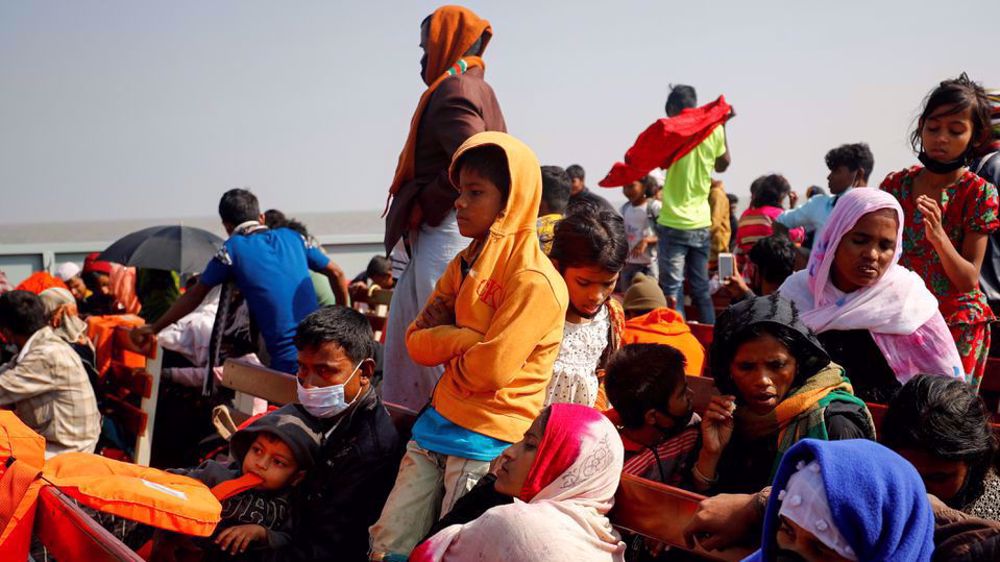
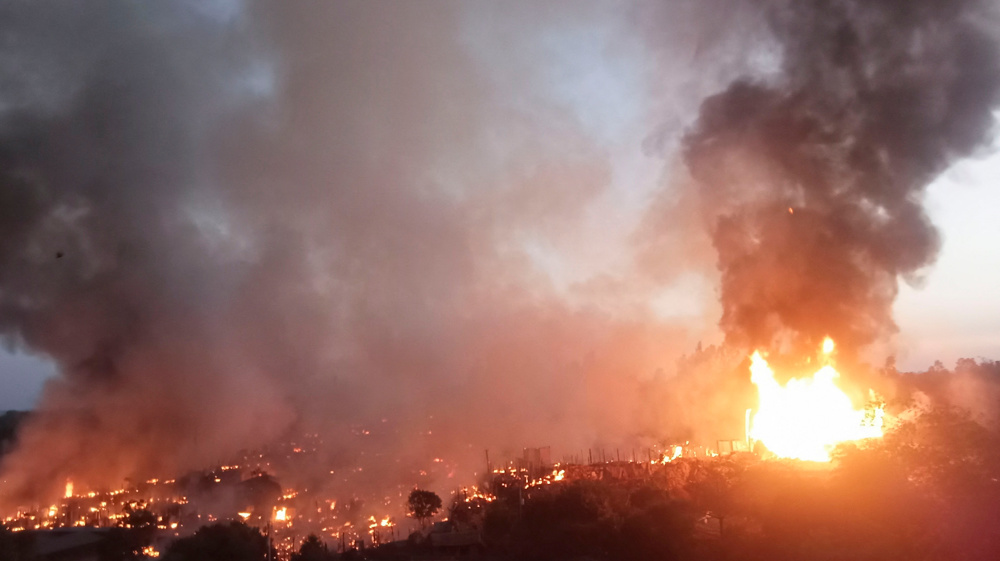
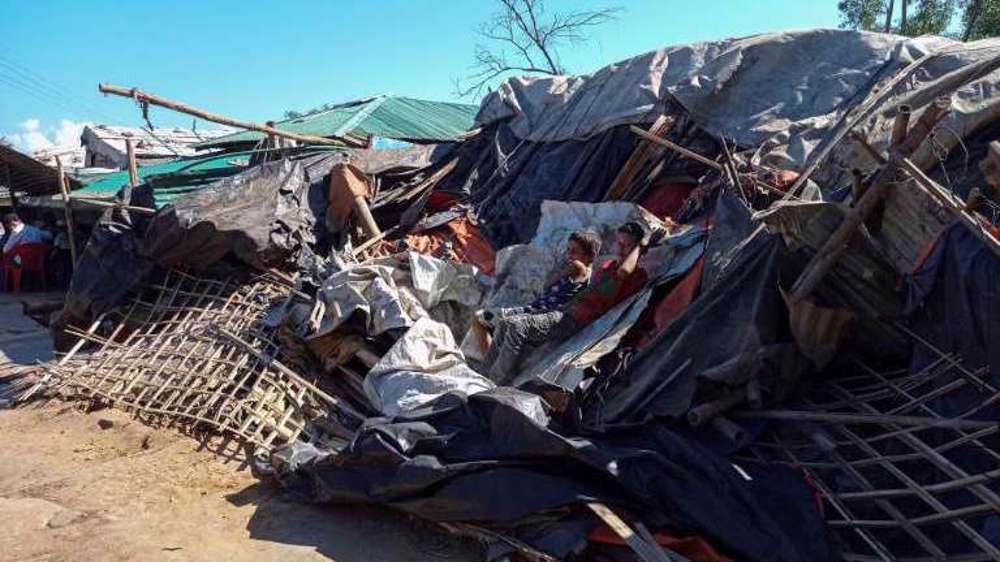

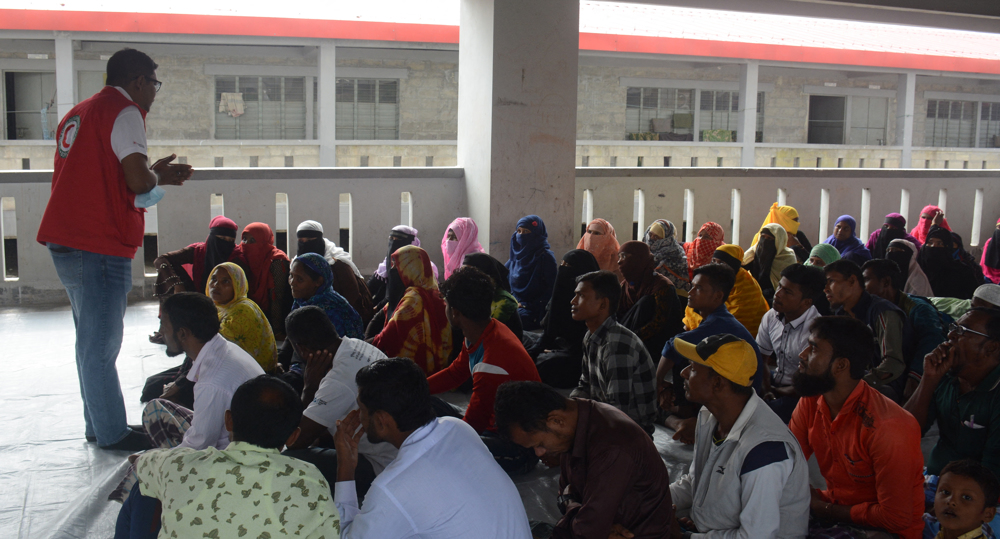
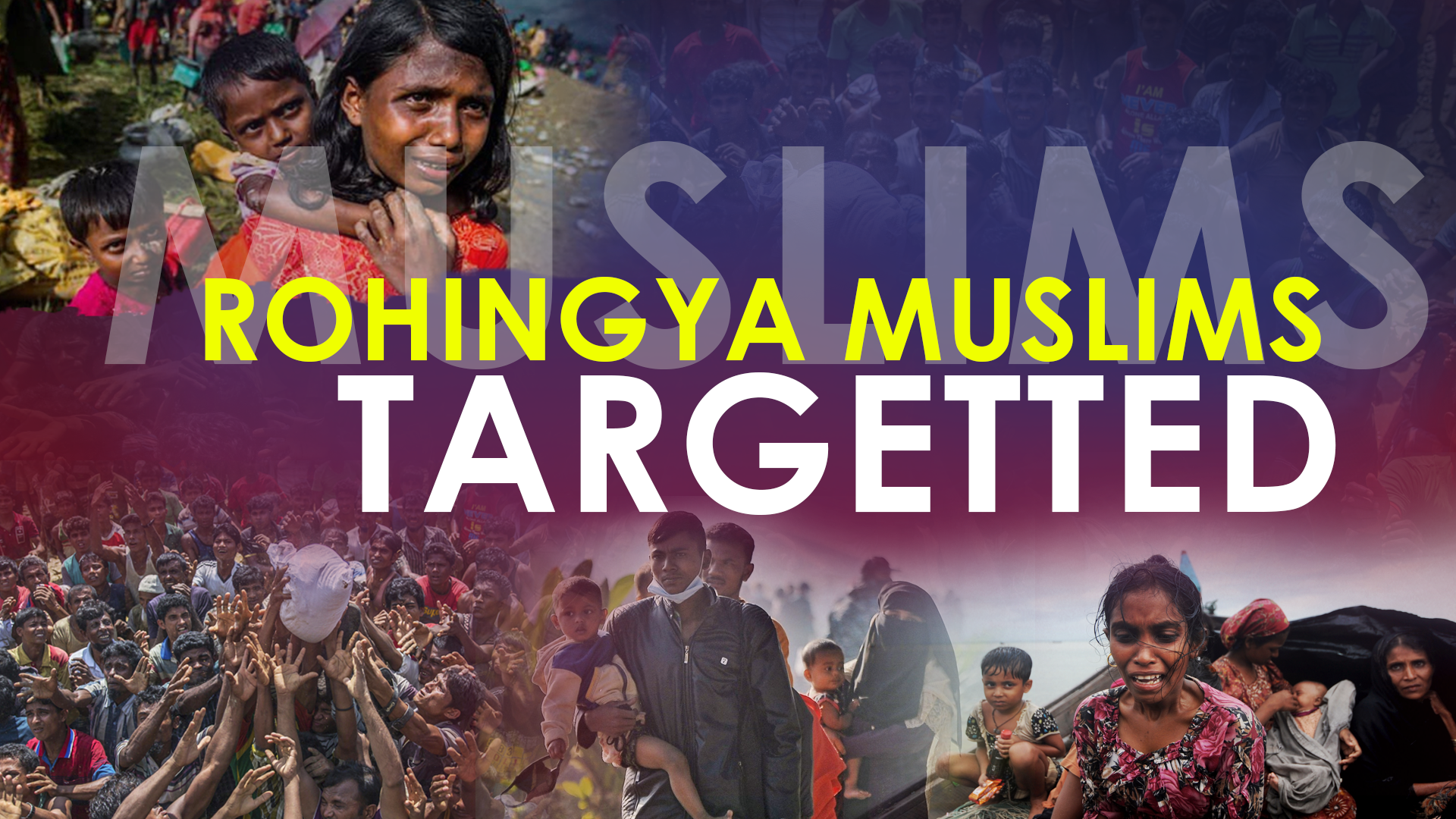

 This makes it easy to access the Press TV website
This makes it easy to access the Press TV website